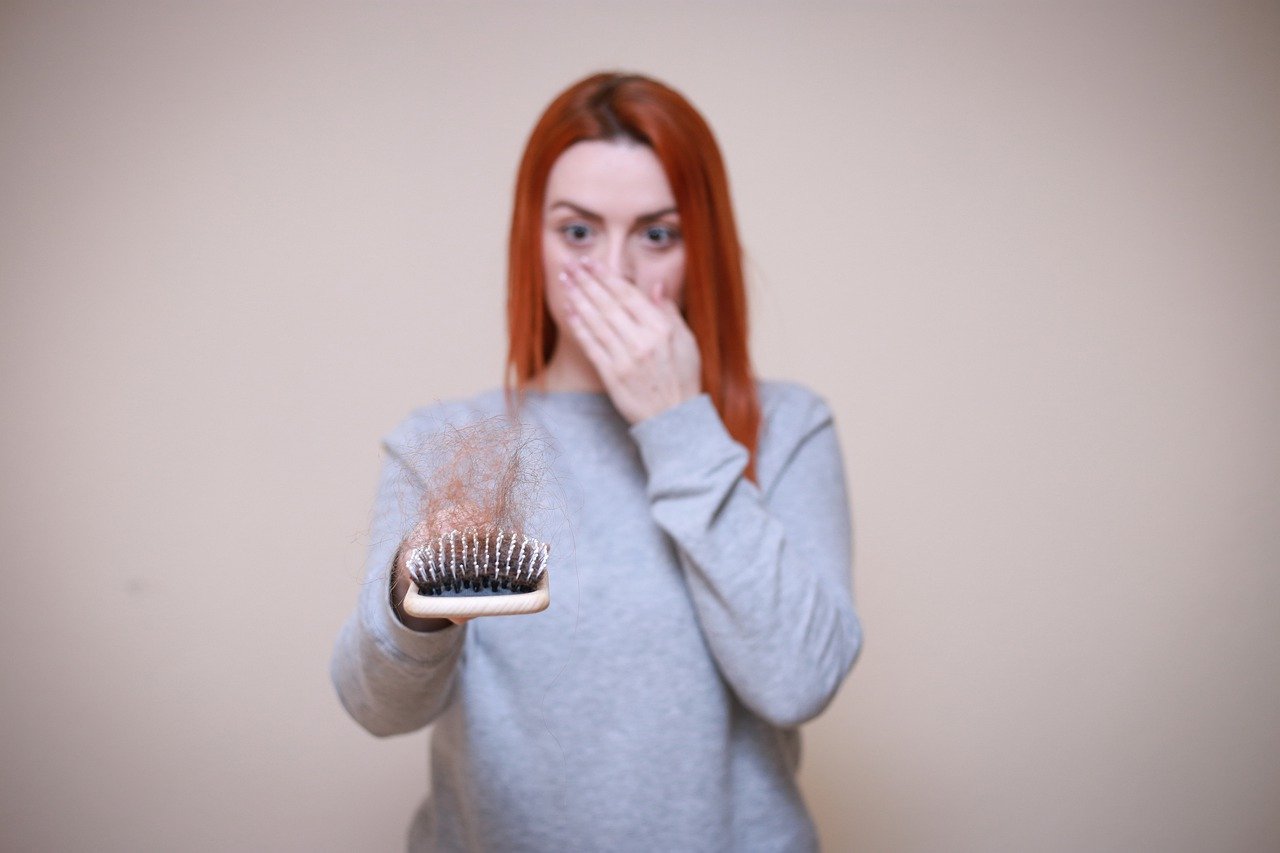During the past ten months, the ongoing research on the coronavirus infection has reported multiple effects that the virus may have on the body even after recovery. Many people experience a range of associated health outcomes ranging from dangerous myocardial infection to hair fall after the coronavirus infection.
Although the former is much more dangerous than the latter and requires immediate medical attention, the majority of people do not know about hair loss at all even though it is quite common.
This may be due to the emphasis placed on more harmful effects of the infection in order to raise awareness regarding when to visit a doctor as soon as possible so that further complications can be avoided.
On the other hand, hair fall cannot cause any health complications. However, it does not mean it cannot affect people who have recovered from the coronavirus infection. For many, an increase in hair fall can actually lead to higher stress levels and mental health disorders.
In comparison with men, women are more likely to have emotional distress, which may further lead to low self-esteem, stress, mental health issues such as depressive episodes, and then various other health problems.
RELATED: Christmas Tree Allergy – Is it Real?
According to existent research on hair fall after coronavirus infection, the condition is fairly common and does not cause permanent hair loss. In fact, hair shedding after a number of events is predictable and considered normal.
Some people may have increased hair fall after having a common cold, flu, surgery, or other medical procedures, going through a stressful event, and even weight loss. This condition is also known as “Telogen Effluvium” in medical terminology.
Usually, about eighty to ninety percent of the hair on a person’s head is in the growing or the ‘anagen’ phase. This phase lasts for an average of two to four years, after which the hair enters resting or telogen phase.
When the hair enters this phase, it typically falls off within thirty to sixty days so that new hair can grow in its place. Whenever a person experiences a shock or undergoes an event that significantly affects the body, the hair can prematurely enter the telogen phase.
When thirty percent of the hair enters the telogen phase at the same time, the person is said to have telogen effluvium. When this happens, the affect person may lose much more than his or her average hair fall.
Since it takes two or three months for the hair in the telogen phase to fall off, the condition is usually visible months after the recovery. Most people confuse telogen effluvium with permanent hair loss.
However, the condition is not permanent and does not last for longer than three to six months. After the hair fall has stopped, new hair grows within the same period of time.
For most people, the tremendous hair fall can be scary but it has been generally noted that it is subtle and many are not even aware of having the condition.
Since the hair grows back, there is nothing to worry about it or hair fall after coronavirus infection. Only a doctor can help in prescribing medicine that may aid hair growth after telogen effluvium but it cannot be prevented.


